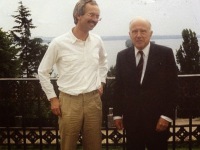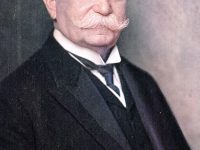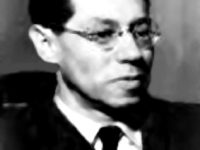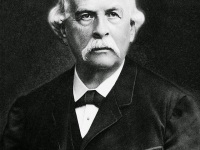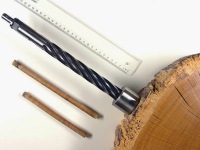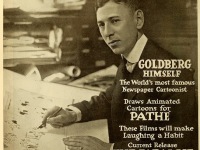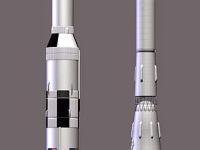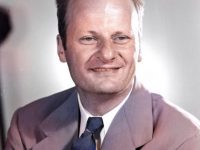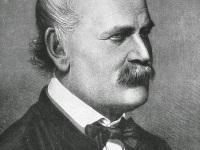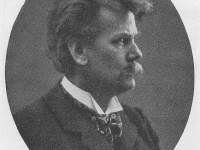John Wheeler and the Golden Age of General Relativity
On July 9, 1911, American theoretical physicist John Archibald Wheeler was born. Wheeler worked with Niels Bohr in explaining the basic principles behind nuclear fission as well as with Albert Einstein, with whom he tried to achieve Einstein’s vision of a unified field theory. He is also known for popularizing the term black hole, and for coining the terms quantum foam, and wormhole. Background John Wheeler John Archibald Wheeler grew up in a Unitarian…
Read more











